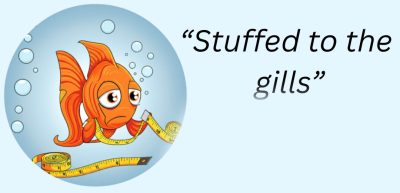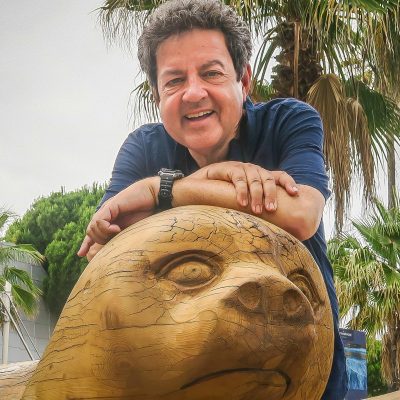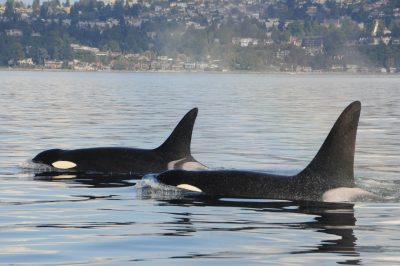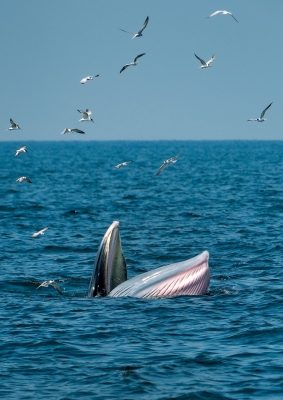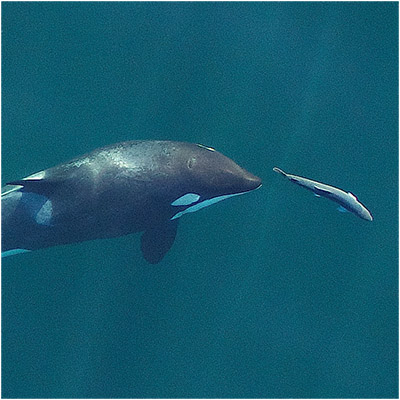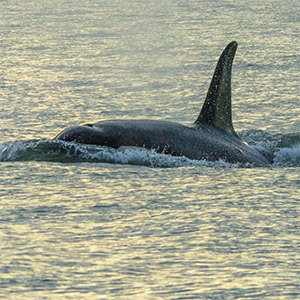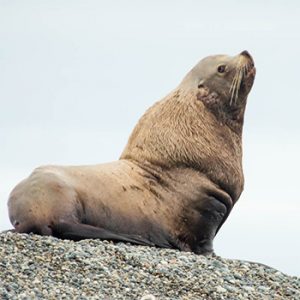Diet alone doesn’t explain divergent health of California Sea Lions in US and Mexico
Instead of asking whether sea lions are eating the right food, the answer, it seems, depends on where they happen to live.
“Ocean Idioms” to teach you about our oceans
In honour of World Ocean Day, we present OCEAN IDIOMS!
Questions about whales, seals, sea lions, or other marine mammals? Dr. Andrew Trites is your ‘go-to’ guy.
Dr. Andrew Trites has won UBC’s President’s Award for Public Education through Media.
What could be impacting the food source of Southern Resident killer whales?
There are currently 74 Southern Resident killer whales, and this population is listed as endangered in both Canada and the U.S. The species relies on Pacific salmon (Chinook and coho) for food, however these salmon populations have been decreasing for decades.
Southern resident killer whales not getting enough to eat since 2018
The animals have been in an energy deficit, averaged across spring, summer and fall, for six of the last 40 years.
UBC students take on the Strait of Georgia
Students from IOF and other departments at UBC headed off on a whale-watching adventure.
You can’t beat a healthy heart
New research is shedding light on the hearts of healthy marine mammals, and how they compare to human hearts
Sea lions and walruses in managed care reveal how wild animals handle environmental disturbance
Knowledge about resting metabolic rates or energy expenditures can lead to big, meaningful changes for the conservation of wild animals.
What do differences in animal behaviour reveal about the decline of Steller sea lions in Alaska?
More than 50 years of studying Steller sea lion behaviour has yielded one of the most complete life history descriptions for any species of marine mammal.

